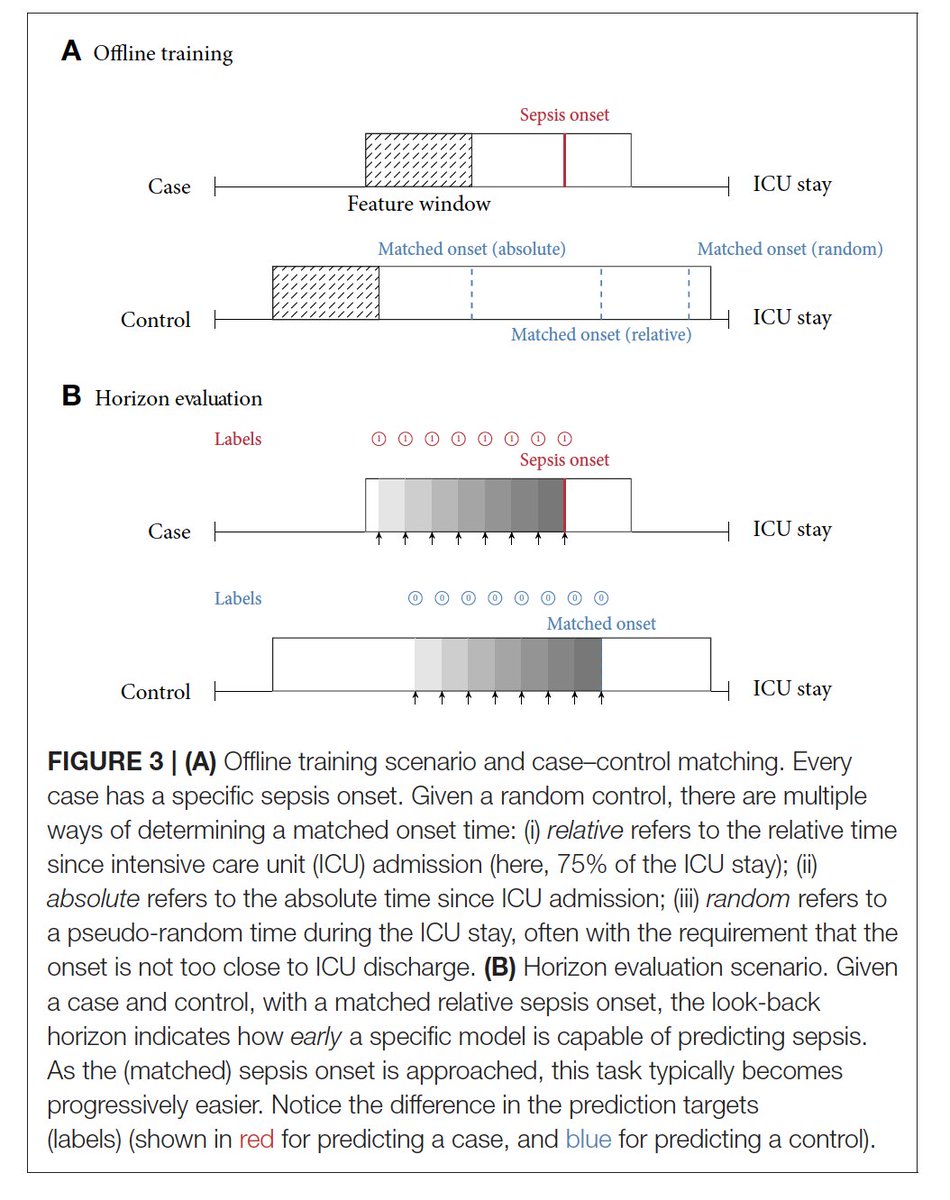
2022 was wild for medical #AI and esp. medical foundation models (FMs).
This 🧵lists some of the standout papers from this year about this topic. Let's go!
(1/9)
#medtwitter #AIinMedicine #medicalAI @NatureMedicine
This 🧵lists some of the standout papers from this year about this topic. Let's go!
(1/9)
#medtwitter #AIinMedicine #medicalAI @NatureMedicine
First, some excellent reviews explaining some key preliminaries of FMs:
🔍 self-supervised learning:
a paradigm that allows for the training of AI models w/o explicit and costly labels (huge for medical applications).
nature.com/articles/s4155…
(2/9)
🔍 self-supervised learning:
a paradigm that allows for the training of AI models w/o explicit and costly labels (huge for medical applications).
nature.com/articles/s4155…
(2/9)
🔍 multimodal AI:
Medicine is driven by various types of data that hold complementary information. The rise of multimodal medical AI promises holistic views on patients and their diseases.
nature.com/articles/s4159…
(3/9)
Medicine is driven by various types of data that hold complementary information. The rise of multimodal medical AI promises holistic views on patients and their diseases.
nature.com/articles/s4159…
(3/9)
FMs in medicine can be divided into two groups:
A) domain-specific models, i.e. developed for the medical domain, and
B) general-domain models that are adapted to the biomedical domain.
Next a few excellent examples (all from 2022!) for both categories:
(4/9)
A) domain-specific models, i.e. developed for the medical domain, and
B) general-domain models that are adapted to the biomedical domain.
Next a few excellent examples (all from 2022!) for both categories:
(4/9)
🩺 A) Domain-specific models
ChexZero: a self-supervised model that achieved expert-level classification of pathologies in chest X-rays w/o being trained on explicit labels
nature.com/articles/s4155…
(5/9)
ChexZero: a self-supervised model that achieved expert-level classification of pathologies in chest X-rays w/o being trained on explicit labels
nature.com/articles/s4155…
(5/9)
Dragon: a combined language-knowledge graph model that can perform advanced medical reasoning tasks.
arxiv.org/pdf/2210.09338…
(6/9)
arxiv.org/pdf/2210.09338…
(6/9)

✨B) General-domain models adapted to medical domain:
RoentGen: a vision-language model for generating chest X-rays w/ pathologies based on text prompts (based on Stable Diffusion).
arxiv.org/pdf/2211.12737…
(7/9)
RoentGen: a vision-language model for generating chest X-rays w/ pathologies based on text prompts (based on Stable Diffusion).
arxiv.org/pdf/2211.12737…
(7/9)

Med-PaLM: a 540B-parameter language model was adapted to medical domain via instruction prompt tuning. Current state of the art with ~67% on USMLE questions (MedQA dataset), one of the first approaches with a passing score.
arxiv.org/pdf/2212.13138…
(8/9)
arxiv.org/pdf/2212.13138…
(8/9)

These papers are just a snapshot of the progress being made, though big challenges (like biases) are far from addressed. Also, it may still take some time until we see actual patient benefit from these developments.
Excited to see what 2023 will bring!
(9/9)
Excited to see what 2023 will bring!
(9/9)
If you're interested, consider following the authors (incomplete list):
@EricTopol @pranavrajpurkar @curtlanglotz @AndrewYNg
@EkinTiu @michiyasunaga @jure @percyliang @chrmanning @cxbln @PierreChambon6 @iScienceLuvr @Dr_ASChaudhari @alan_karthi @AziziShekoofeh @_jasonwei
@EricTopol @pranavrajpurkar @curtlanglotz @AndrewYNg
@EkinTiu @michiyasunaga @jure @percyliang @chrmanning @cxbln @PierreChambon6 @iScienceLuvr @Dr_ASChaudhari @alan_karthi @AziziShekoofeh @_jasonwei
• • •
Missing some Tweet in this thread? You can try to
force a refresh








